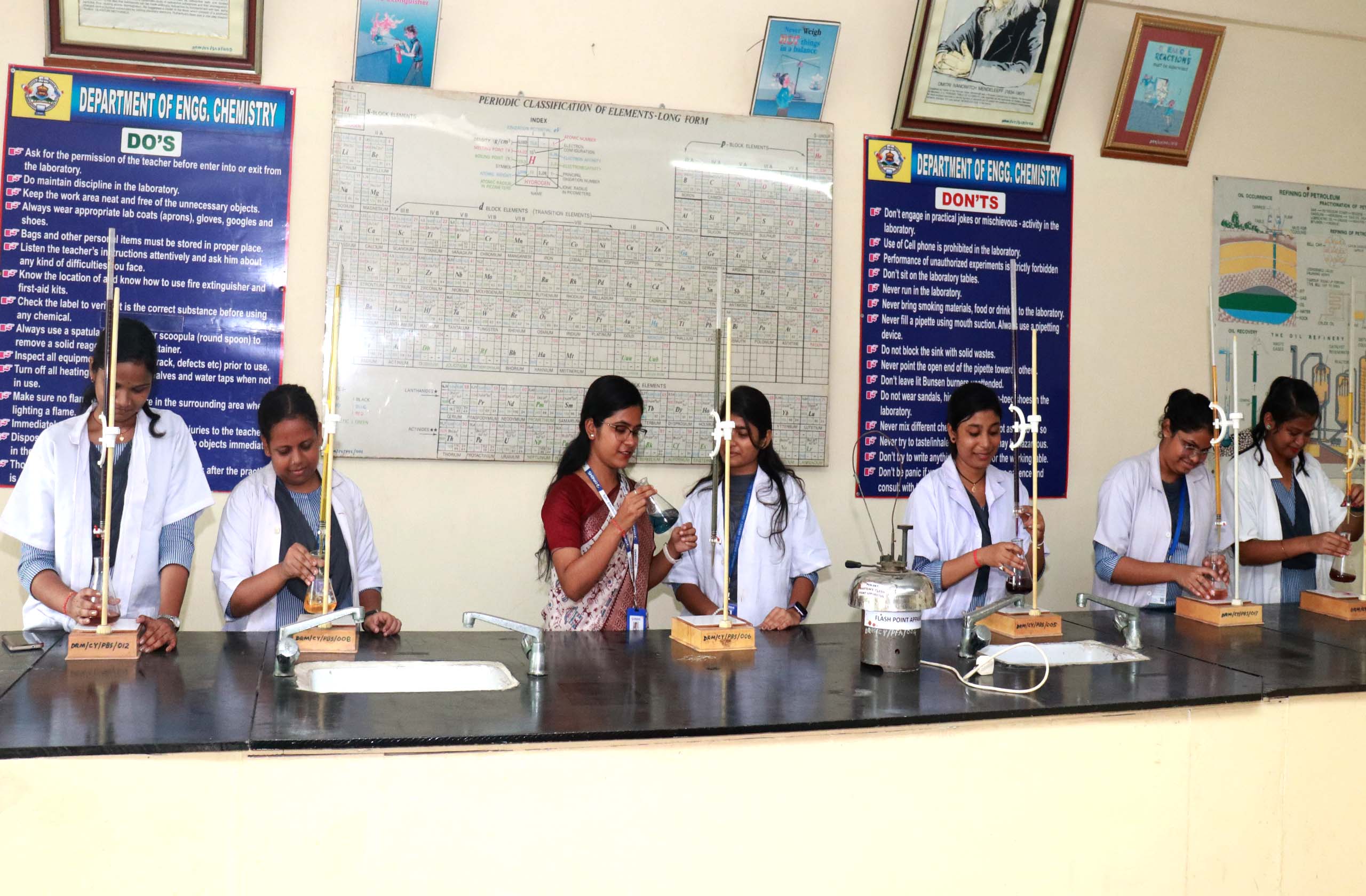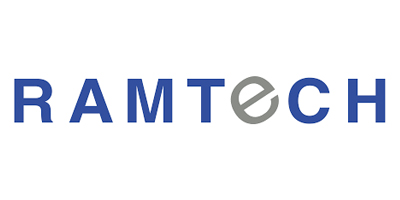


Welcome to the Department of Chemistry at DRIEMS University! As the Head of Department, I am proud to lead a team dedicated to excellence in education, research, and innovation. Our department is committed to fostering a dynamic learning environment that nurtures curiosity and encourages critical thinking.
Chemistry is the foundation of many scientific advancements, and we strive to provide our students with a comprehensive understanding of both theoretical concepts and practical applications. Our curriculum is designed to equip you with the skills necessary to excel in a rapidly evolving world, emphasizing hands-on experience and interdisciplinary collaboration. We also encourage our students to engage in research projects, contributing to knowledge creation and real-world problem-solving. Together, we aim to cultivate a community of scholars who are not only proficient in chemistry but also committed to ethical practices and sustainability.
I invite you to explore the diverse opportunities within our department, and I am confident that your journey here will be transformative. Let us work together to make a significant impact in the field of chemistry and beyond.
The Department of Chemistry was established in 1999 presently transformed to DRIEMS University, a UGC Recognized State Private University established by Government of Odisha in 2023. It is one of the oldest Chemistry Departments in the State. The department has been engaged in providing highest level and quality of academic education. The main focus of the teaching and research in the department is centred on interdisciplinary themes, which have gained attention and appreciation. This department features a 04-member faculty with expertise in frontier areas of research. Active research in the areas of Physico-organic chemistry, Corrosion chemistry, Alternate/Renewable energy, Polymer chemistry, Catalysis are being pursued. The faculty members have contributed towards the publication of more than 25 research papers in the peer reviewed journals. There are about 01 research projects sponsored by various Government organizations like BRNS-DAE and many consultancy from nearby industries.
The Department infuses the fundamentals of Chemistry to the students at B Tech level. In addition, it offers 2 year M.Sc. (intake capacity-18) and Ph.D from 2024.Students get admission in to the Masters programme through career marks and Entrance .One of the unique features of the postgraduate course in the department is, it offers courses from emerging areas of Chemical Science such as Nano chemistry, Green Chemistry.In addition, credits for seminar talk and project is compulsory for the partial fulfilment for the award of degree. In this period, the students acquire opportunity to improve their communication skill and perform basic research in frontier areas.
◆ To be a leading center of excellence in chemical sciences, fostering innovation, discovery, and sustainable solutions for global challenges.
◆ M1 Advance Knowledge and Research: To promote cutting-edge research in chemistry and interdisciplinary fields, empowering students and faculty to contribute to scientific advancements.
◆ M2 Nurture Future Scientists: To provide high-quality education and hands-on training.
◆M3 Serve Society: To apply chemical expertise to address local and global issues.








DRIEMS, a Premier Technical Institute of India with the highest ‘A’ Grade by NAAC (under UGC) has grown from strength to strength since its inception in 1999.